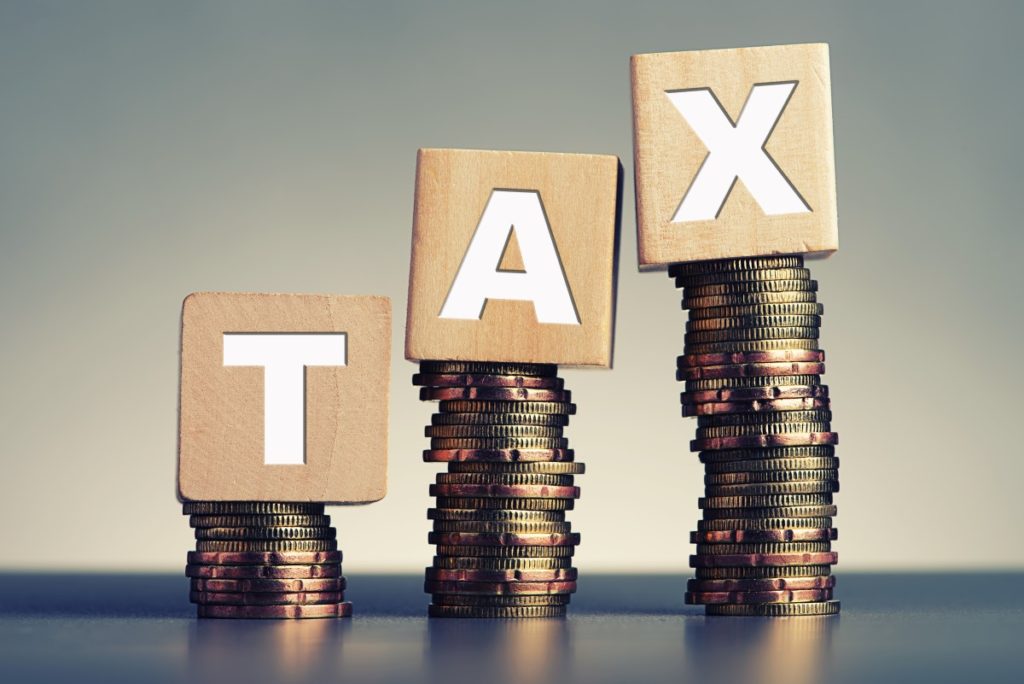
Taxes in Saudi Arabia – what do you need to know?
Saudi Arabia is a well-liked choice for expatriates across the globe, providing a wide range of job prospects in sectors like oil and gas, technology, and energy. Expatriates from various countries must grasp the culture and tax legislation of the nation. As an ex-pat, acquainting yourself with the taxes in Saudi Arabia can prevent possible problems and maximize your experience residing and managing business activities in Saudi Arabia
Taxes in Saudi Arabia – Who is liable to pay tax?
Individuals and businesses in Saudi Arabia who work for themselves and earn income from within the country are required to pay taxes.
Zakat is a religious tax imposed on wealth for companies that are based in Saudi Arabia and other Gulf Cooperation Council (GCC) countries.
A fixed tax rate of 2.5% is applied to the total amount of capital resources and income that is not invested in fixed assets and has been held for more than a year. This encompasses a company’s capital, net worth, retained earnings, and reserves that are not specifically designated for liabilities. In Saudi Arabia, income tax is applicable to certain individuals and entities.
- A local company with stocks owned by individuals who are not from Saudi Arabia or the GCC region, as well as individuals involved in oil and hydrocarbon production.
- A local individual who is not from Saudi Arabia and is engaged in activities within the country.
- An individual who is not a resident of Saudi Arabia but conducts business activities in the country through a permanent establishment.
- An individual who is not a resident of Saudi Arabia but earns taxable income from within the country without having a permanent establishment.
- An individual is involved in investments related to natural gas.
According to Saudi Arabian income tax law, Saudi Arabia does not impose any personal income tax rate. However, non-Saudi and non-GCC resident individuals are subject to a flat income tax rate of 20% on their tax-adjusted profit.
Taxes in Saudi Arabia – Who is exempt from paying tax?

Employees’ personal salaries are generally not subject to taxation. Any capital gains obtained from selling securities in the stock market in Saudi Arabia are exempt from income tax as long as they comply with the regulations specified limitations. Additionally, any profits acquired from the sale of non-business assets are also exempt from taxation.
When it comes to paying taxes in Saudi Arabia, individuals are required to make three separate payments throughout the year. These payments are known as “advance tax payments” and are due on the final day of the sixth, ninth, and twelfth months of the year. Each payment amounts to 25% of the estimated tax liability for the year after deducting any taxes that have already been withheld.
If the amount of tax you are expected to pay is below SAR 500,000, there is no requirement for you to make advance payments. However, if you are required to make them and you fail to do so on time, a penalty of 1% of the extra amount will be charged for every 30-day period that the payment is overdue. Additionally, you must settle the entire tax amount within 120 days after the conclusion of the tax year.
A resident company is taxed on its income that comes from Saudi Arabia. A company is a resident if it is registered following the regulations for Saudi companies or if its head office is in the Kingdom.
A non-resident company that conducts business in the Kingdom through a permanent establishment is taxed on income that originates or is connected with the permanent establishment.
The tax rate for foreign companies

The income tax in Saudi Arabia applies to companies that are based in the country and earn income from sources within Saudi Arabia.
Only investors who are not from Saudi Arabia are required to pay income tax in the country, and citizens from other Gulf Cooperation Council (GCC) countries are treated as Saudi citizens for tax purposes.
If a company has shareholders from both Saudi Arabia and other countries, the corporate income tax is calculated based on the portion of taxable income that belongs to the non-Saudi shareholders, while the income from Saudi shareholders is subject to Zakat. In Saudi Arabia, no foreign tax relief is provided for foreign entities.
Non-resident shareholders who sell shares in a resident company are required to pay a capital gains tax of 20%. Capital gains are subject to the regular income tax or Zakat rate, depending on the circumstances. However, if the capital gains are a result of selling securities on foreign stock exchanges that are also listed on the Saudi stock market, they are exempt from taxation.
The Saudi government allows for tax incentives on investments in the following six underdeveloped provinces: Najran, Hail, Abha, Northern Border, Jizan, Najran and Al-jour. Machinery and raw materials needed for approved projects are exempt from customs duties (when not available on the local market).
Other corporate taxes in Saudi Arabia

In Saudi Arabia, there are no obligations to pay taxes on capital, stamp duties, or salaries. Although there is no tax specifically for owning real estate, there is a religious tax, Zakat, that must be paid on real estate that is held for the purpose of speculation.
When it comes to selling real estate, there is a tax called the Tax on Real Estate Transactions (RETT) that is imposed at a rate of 5%.
Zakat also applies to companies that are based in Saudi Arabia and other nations in the Gulf Cooperation Council. These companies are required to pay a fixed rate of 2.5% on their total capital resources that have been held for more than 12 months, as well as on income that has been invested in fixed assets. This includes the company’s capital, reserves set aside for specific liabilities, net profits, and retained earnings.
Saudi Arabian employees are responsible for the monthly payment of unemployment insurance tax, which is levied at 12% for Saudi employees and 2% for non-Saudi employees and(who must also contribute 10%), calculated on the base salary, housing allowance and commissions (capped at SAR 45,000).
The post Taxes in Saudi Arabia – what do you need to know? appeared first on FinanceBrokerage.




















